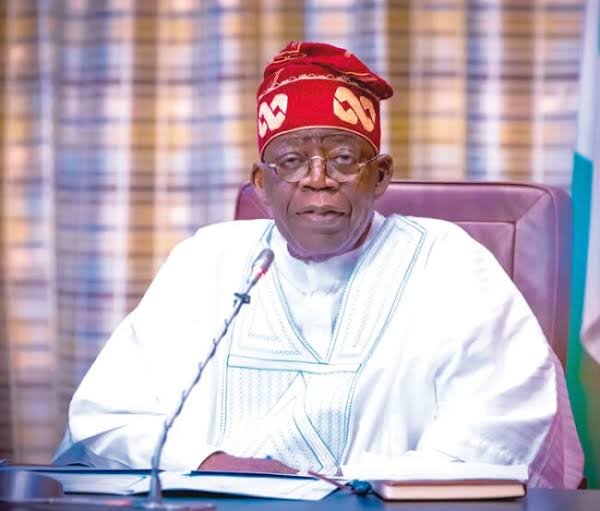The Federal Government through the Federal Ministry of Finance has given reasons for the latest external borrowing request presented by president Bola Ahmed Tinubu.
This was contained in a press statement signed by Mohammed Manga, FCAI Director, Information and Public Relations in the ministry. According to the statement
Full Press Statement
“Re: Nigeria’s External Borrowing Plan for 2024 -2026
“On May 27, 2025, the President of the Federal Republic of Nigeria, His Excellency Bola Ahmed Tinubu, GCFR, formally requested the approval of the 2024 – 2026 External Borrowing Rolling Plan from the National Assembly.
“This press release provides context and clarification on the purpose and significance of the request.
“The proposed Borrowing Rolling Plan is an essential component of the Medium-Term Expenditure Framework (MTEF) in accordance with both the Fiscal Responsibility Act 2007 and the DMO Act 2003.
“The Plan outlines the external borrowing framework for both the federal and sub-national governments over a three-year period, accompanied by five detailed appendixes on the projects, terms and conditions, implementation period, etc. By adopting a structured, forward-looking approach, the plan facilitates comprehensive financial planning and avoids the inefficiencies of ad hoc or reactive borrowing practices.
“This strategic method enhances Nigeria’s ability to implement effective fiscal policies and mobilize development resources. The borrowing plan does not equate to actual borrowing for the period. The actual borrowing for each year is contained in the annual budget.
“In 2025, the external borrowing component is US $1.23 billion, and it has not yet been drawn. This is planned for H2 2025. Also, the plan is for both federal and several state governments across numerous geopolitical zones including Abia, Bauchi, Borno, Gombe, Kaduna, Lagos, Niger, Oyo, Sokoto, and Yobe States.
“Importantly, it should be noted that the Borrowing Rolling Plan does not equate to an automatic increase in the nation’s debt burden. The nature of the rolling plan means that borrowings are split over the period of the projects.
“For example, a large proportion of projects in the 2024. – 2026 rolling plan have multi-year draw downs of between 5 – 7 years which are project-tied loans. These projects cut across critical sectors of the economy, including power grids and transmission lines, irrigation for improving food security, fibre optics network across the country, fighter jets for security, and rail and road infrastructure.”
Source of Loans
The majority of the proposed borrowing will be sourced from Nigeria’s development partners, including the World Bank, African Development Bank, French Development Agency,
European Investment Bank, JICA, China EximBank, and the Islamic Development Bank which all offer concessional financing with favourable terms and long repayment periods, thereby supporting Nigeria’s development objectives sustainably.
Nigeria’s Debt Servicing Ratio
The government reiterates that the debt service to revenue ratio has started decreasing from its peak of over 90% in 2023 after the government ended the distortionary and inflationary ways and means.
There are also significant revenue expectations from the Nigerian National Petroleum Corporation (NNPC), and technology-enabled monitoring and collection of surpluses from Government Owned Enterprises and revenue-generating ministries, departments, and agencies, including legacy outstanding dues.
This comes as the Federal Government seeks to pivot the economy onto a path of rapid, sustained, and inclusive economic growth through substantial investment in critical sectors such as transportation, energy, infrastructure, and agriculture.
These investments will lay the groundwork for long-term economic diversification and encourage private sector participation.
“Our debt strategy is therefore guided not solely by the size of our obligations, but by the utility, sustainability, and economic returns of the borrowing. Ensuring that all borrowed funds are efficiently utilized and directed toward growth-enhancing projects remains a top priority.
“In conclusion, the government remains committed to keeping borrowing within manageable and sustainable limits in accordance with the DMO Debt Sustainability Framework.” The statement added.
Conclusively, the government reaffirmed it’s dedication to fiscal discipline, transparency, and accountability whilst stating constructive public engagement and legislative oversight are vital components of the country’s journey toward long-term economic stability and inclusive national prosperity.

